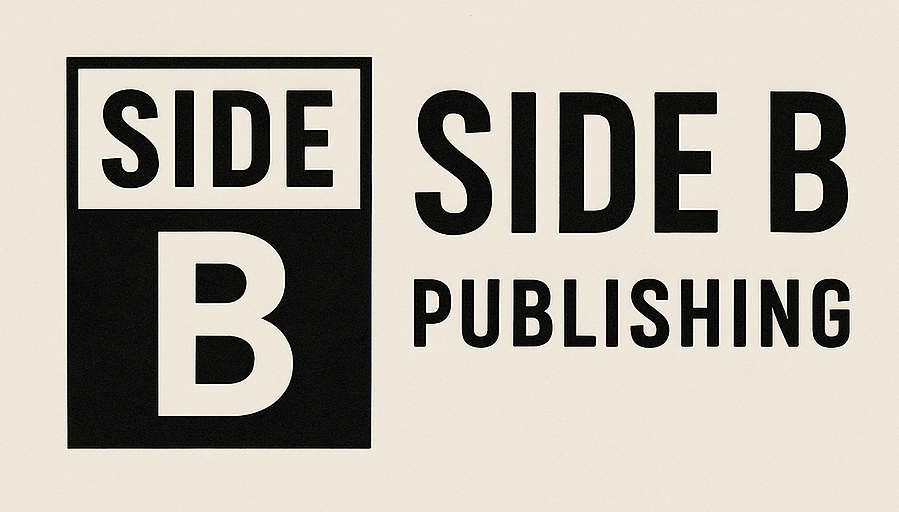The Question My Cardiologist Couldn't Answer
After my calcium score came back at 450, my cardiologist and I had a conversation I'll never forget.
Me: "Why did twenty years of statin therapy fail to prevent the exact problem it was supposed to solve?"
Her: silence, then "We need to try a more powerful statin."
That non-answer sent me down a research rabbit hole that became We're Not Sick, We're Being Sold.
The Pattern I Couldn't Unsee
Once you learn to spot it, you see the same playbook everywhere:
A marketing slogan becomes medical wisdom. ("Breakfast is the most important meal of the day" - coined by General Foods in the 1940s)
A weak correlation becomes definitive causation. (People who eat red meat also smoke more, exercise less, and eat more processed foods - but we blame the meat)
Industry-funded studies dominate the research. (The sugar industry paying Harvard scientists in 1967 to blame fat for heart disease)
When the advice fails, we blame the patient. ("You just need more willpower" / "You're not following the guidelines correctly")
Three Questions That Changed Everything
After my calcium score, I started asking different questions:
Question 1: If the intervention worked, why are the outcomes getting worse?
Statin prescriptions have increased 500% since 1990
Yet heart disease remains the leading cause of death
And my arteries filled with plaque despite "perfect" cholesterol management
Question 2: Who profits when I follow this advice?
Pharmaceutical companies when I take more medications
Food companies when I buy processed "health foods"
Medical systems when I need more treatments and procedures
Question 3: What if the opposite approach might work better?
What if the foods I was told to fear actually protected me?
What if the "heart-healthy" alternatives caused the inflammation damaging my arteries?
What if treating symptoms instead of root causes guaranteed I'd need more treatment?
The Investigation That Followed
I spent a year reading the actual studies - not the press releases about them, but the original research with all its limitations and conflicts of interest clearly visible.
I learned to identify statistical manipulation. (How a 0.2% absolute benefit becomes a "44% risk reduction!")
I traced funding sources. (Guess who funded most of the research "proving" their products are safe and effective?)
I found the studies that contradicted popular claims. (They exist - they just don't get headlines)
What emerged was a documented pattern of how industry influence shapes medical guidelines, how flawed research becomes dogma, and how economic incentives consistently override scientific evidence.
The Cost of Not Asking Questions
Twenty years of following conventional advice cost me:
Two decades on medications that didn't prevent what they were supposed to prevent
Years of fatigue and brain fog I thought were just aging
Weight I couldn't lose despite doing "everything right"
Trust in a system that prioritized managing my symptoms over addressing root causes
The cost of questioning that advice and following the actual evidence?
63 pounds lost and stable
Energy I haven't had in years
Mental clarity that comes from understanding the biology instead of blindly trusting authority
Biomarkers moving in the right direction for the first time
What I'm Not Saying
I'm not saying all medicine is bad or all doctors are corrupt. I'm saying the system has perverse incentives that reward managing disease rather than preventing it.
I'm not saying you should ignore medical advice. I'm saying you should learn to evaluate it critically - the same way you'd evaluate any other claim where the person making it profits from your compliance.
I'm not saying I have all the answers. I'm saying the questions matter more than most people realize.
What I Am Saying
If conventional approaches haven't worked for you, it might not be because you failed to follow them correctly. It might be because they were never designed to work in the first place.
If your doctor can't explain why twenty years of treatment didn't prevent the problem it was supposed to prevent, that's not a reason to take stronger medications. It's a reason to question the underlying hypothesis.
If you're tired of being told you lack willpower when you're actually following advice that's designed to fail - you're not alone, you're not crazy, and there's a documented reason why.
We're Not Sick, We're Being Sold provides the tools to ask better questions, evaluate the evidence yourself, and understand why the conventional approaches so often fail. With 380+ peer-reviewed citations and transparent methodology throughout.
Because the first step toward better health isn't a stronger medication. It's a better question.
